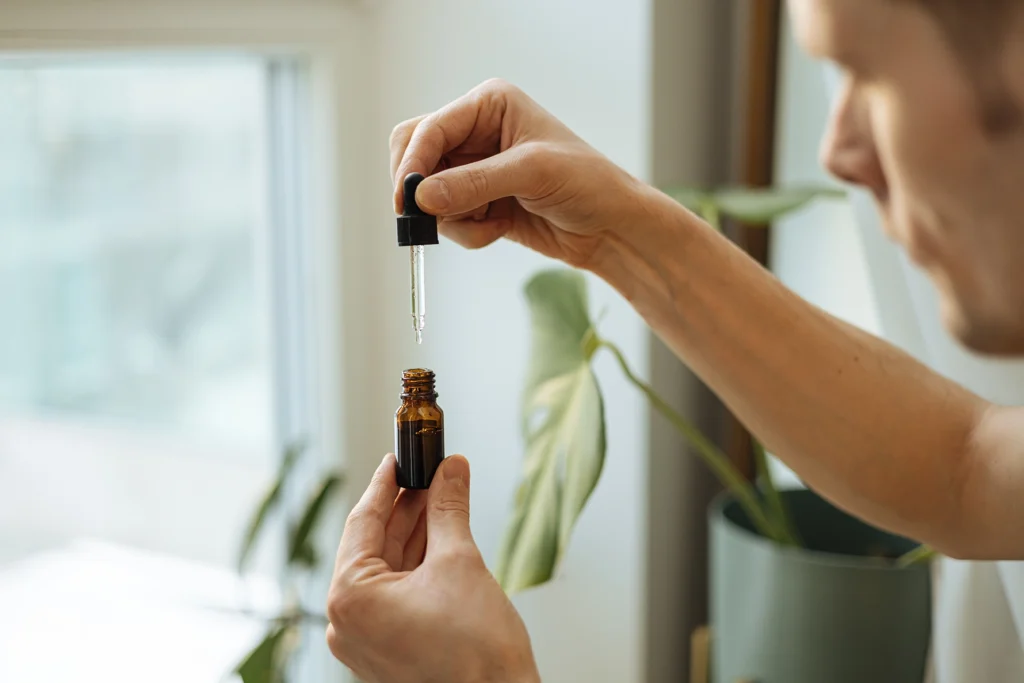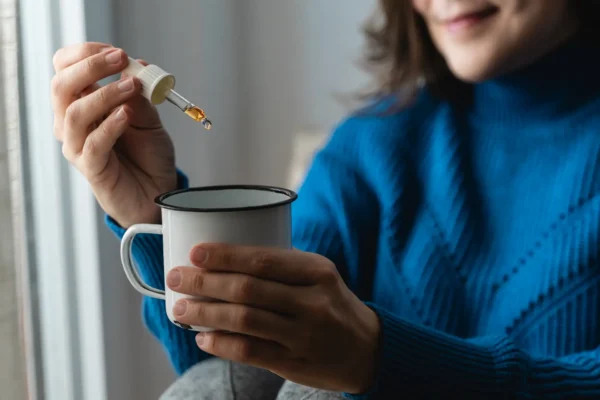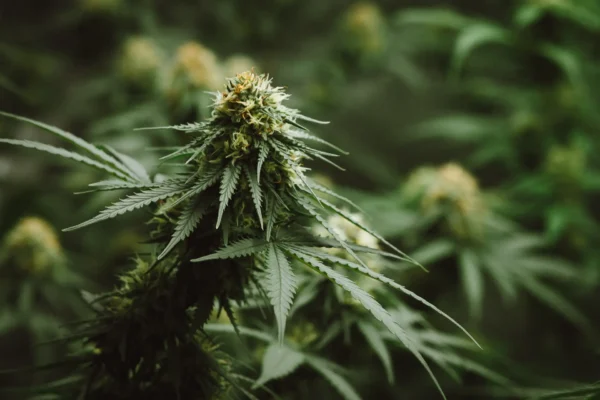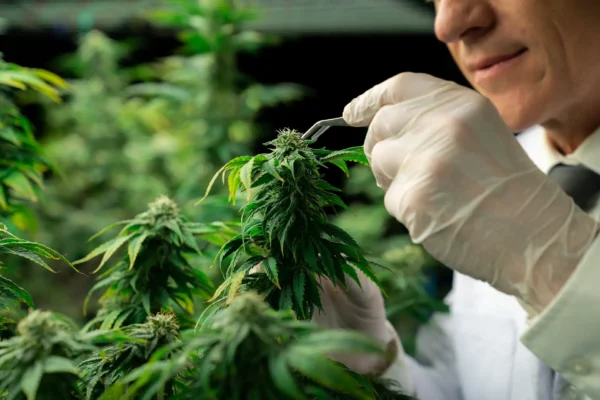Opioids are a commonly prescribed class of medications that are considered essential for the management of conditions such as acute pain and chronic cancer pain. However, while they can be effective in these settings, their use is also associated with several side effects, including dependence and overdose. Over the last two decades, the consumption of opioids has risen significantly and, with it, the rates of opioid-related dependence and mortality. Novel therapies are therefore needed to manage the rise in opioid use disorder.
What is Opioid Use Disorder?
Opioid use disorder (OUD) is a type of substance use disorder (SUD). The condition is defined as the repeated use of opioids that causes clinically significant distress or impairment, the severity of which can be defined by the number of symptoms presented. These include:
- An overpowering desire to use opioids despite worsening health or consequences;
- Increasing opioid tolerance;
- The occurrence of withdrawal symptoms when opioids are discontinued.
At least two such symptoms are required for a diagnosis of OUD.
Conventional Treatment for Opioid Use Disorder
The current gold standard maintenance treatment for OUD/opioid dependence is the use of opioid agonists such as methadone and buprenorphine. These products work by relieving withdrawal symptoms and opioid craving, without (at maintenance doses) inducing euphoria. While effective, evidence shows that only 40-60% of discharged patients remain continuously abstinent from opioids, with 15-30% resuming non-dependent use.
Medical Cannabis and Opioid Use Disorder
SUD, including OUD, is a significant health concern worldwide. While conventional treatments exist, many individuals struggle with ongoing challenges like relapse and co-occurring health issues. New research is exploring the potential for cannabis-based medicinal products (CBMPs) to offer support to these patients.
A recent study published in European Addiction Research, authored by clinicians from Curaleaf Clinic, analysed data from the UK Medical Cannabis Registry to understand the effects of CBMPs on patients with SUD. The research looked at a small group of patients over a six-month period to evaluate changes in patient-reported outcomes (PROMs) and their use of opioid medications.
The UK Medical Cannabis Registry: Data from Real-World Patients
The UK Medical Cannabis Registry was launched by Curaleaf Clinic in 2019 to gather data on the safety and effectiveness of medical cannabis in the treatment of various health conditions. This data provides valuable real-world evidence of the potential of cannabis-based medicines from patients.
The study included 34 patients from the UK Medical Cannabis Registry with a diagnosis of SUD. The most common type of SUD was OUD, affecting 18 of the 34 participants. At the beginning of the study, a large majority of participants (85.29%) were already consuming illicit cannabis, and many were also current or former tobacco smokers.
Participants were prescribed CBMPs, which included oils, dried flower, or a combination of both. Data was collected at the start of treatment (baseline) and again at one, three, and six months.
The researchers measured several key areas using patient-reported outcome measures (PROMs):
- Anxiety using the Generalised Anxiety Disorder-7 (GAD-7) scale.
- Sleep quality using a single-item sleep quality scale (SQS).
- Health-related quality of life (HRQoL) using the EQ-5D-5L questionnaire.
They also tracked the dose of prescribed opioid medications, converting them into a standard measure called Oral Morphine Equivalent (OME).
Key Findings
The study found that patients treated with CBMPs showed several changes over the six-month period.
Improved Anxiety and Sleep: Changes were seen in both anxiety (GAD-7 scores) and self-reported sleep quality (SQS scores) starting as early as one month into treatment and continuing through six months.
Better Quality of Life: Patients reported changes in their health-related quality of life.
Reduced Opioid Use: For the 18 patients who were taking prescribed opioids at the start of the study, there was a change in their median daily dose by the six-month mark. No patients reported an increase in their opioid prescription during the study.
Safety and Adverse Events: The CBMPs were generally well-tolerated. Three of the 34 participants reported a total of 17 mild adverse events, with no severe or life-threatening events recorded. The most common adverse events were dry mouth, abdominal pain, and an altered sense of taste.
Important Considerations
This study is a valuable addition to the growing body of research on medical cannabis. However, the authors from Curaleaf Clinic highlighted several important points for a considered and compliant interpretation of the results:
Observational Design: The study’s design means it can only report on associations, not a cause-and-effect relationship. The observed changes in patient outcomes cannot be definitively attributed to the medical cannabis treatment alone. The reduction in opioid use, for example, may have been influenced by other factors or by the patients’ active engagement with the healthcare system.
Patient Population: The participants were all privately funded patients from the UK Medical Cannabis Registry, which may introduce a selection bias. Most participants also had a history of using cannabis before the study, and SUD was not the primary reason for their prescription.
Need for Further Research: The authors of the study concluded that future research, ideally using randomised controlled trials with a larger and more diverse patient population, is needed to further investigate these findings.
At Curaleaf Clinic, we are committed to contributing to the evidence base for medical cannabis through ongoing research and careful clinical analysis. These findings provide a useful starting point for further inquiry and highlight the importance of medical supervision and a personalised approach to treatment.
Disclaimer: This blog post is for informational purposes only and is based on a specific clinical study. It is not medical advice. The efficacy and safety of medical cannabis have not been established. Patients should always consult a qualified healthcare professional before making any decisions about their treatment.



